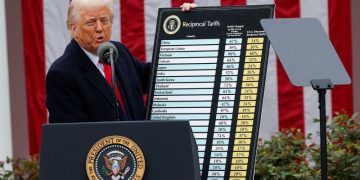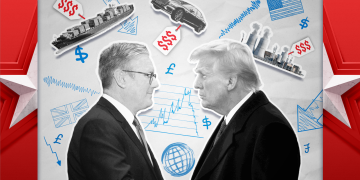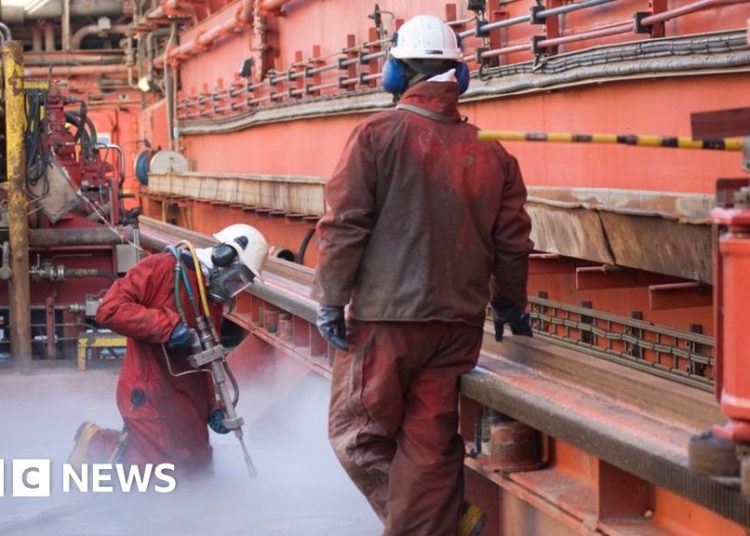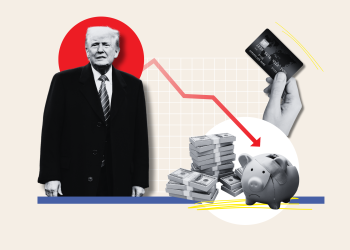- By Douglas Fraser
- Business and economy editor, Scotland
Image source, Getty Images
- The rising oil price is fuelling inflation once more. It’s seen by market analysts as reaching a “new normal”.
- Anti-oil protesters have driven a wedge between political parties and want to make the industry a pariah with other sectors.
- While the oil majors seek to go greener, drilling is continuing through smaller firms with low-profile brands – but they say Britain’s tax uncertainty is an obstacle.
It’s pointing northwards again: the price of a barrel of Brent crude oil is a weathervane for the global economy.
That’s lower than a year ago, and still $25 short of the peak reached in the turmoil of summer 2022, as many countries sought to pivot away from Russian energy supplies and to secure supplies for last winter.
In addition, the value of sterling has been sliding against the US dollar, from $1.31 to $1.24 since July 13, and the combined impact has pushed up the cost of fuel for transport and heating.
Market analysts think the co-ordinated supply constraints by Saudi Arabia and Russia will keep the price around $95, if not up to the $100 mark.
The oil market was surprised not that these two major exporters were continuing to dial back on production in order to keep the price up, but that they agreed to do so to the end of this year.
De-coupled
Rystad Energy published market analysis on Tuesday, saying the current price should be seen as the new normal for oil, with demand continuing to…


























































